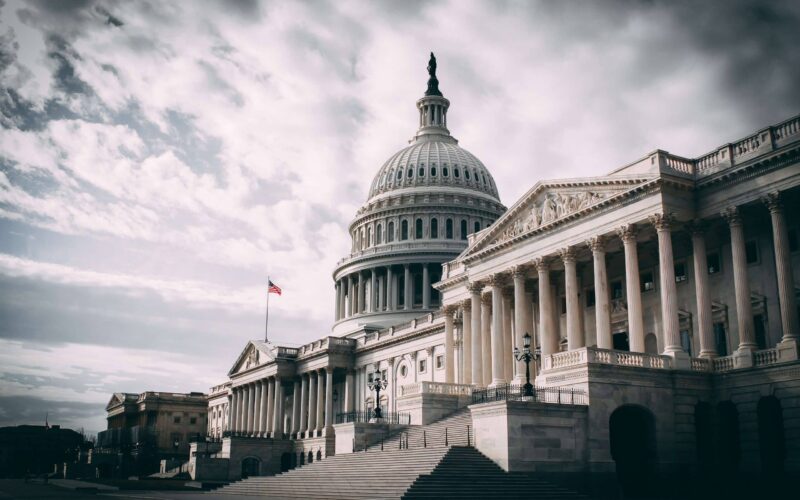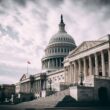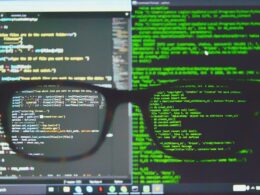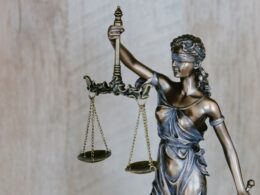Following significant opposition from the cryptocurrency industry, the Internal Revenue Service (IRS) held a public hearing on Monday morning to address their recently proposed regulations on digital asset broker reporting.
Originally filed on August 29th, 2023, these regulations have sparked controversy, with an astounding 125,000 comments already submitted as of November 13th. Supporters argue that these regulatory measures will ensure accurate accounting and taxation of cryptocurrencies. However, critics are concerned that the proposed regulations may invade consumer privacy and grant excessive government authority.
Concerns Regarding the Definition of a Broker
One major point of contention is the broad definition of a broker, which encompasses “a dealer, a barter exchange, and any other person who (for a consideration) regularly acts as a middleman with respect to property or services.” Detractors argue that this definition is ambiguous and fails to acknowledge the diverse range of entities that could be classified as brokers. In a comment from the DeFi Education Fund, it is pointed out that the IRS interprets the term “broker” to include “digital asset middleman,” a vague and expansive category that does not align with the traditional understanding of brokers.
American for Tax Reform expresses its concerns about the IRS’s focus on collecting customers’ personally identifiable information (PII) and emphasizes that the proposed regulations go beyond what is required of traditional brokers, potentially burdening taxpayers with unnecessary reporting requirements.
Opposition to Intermediaries in DeFi Technology
Crypto industry participants argue that the purpose of decentralized finance technology is to eliminate intermediaries, making the inclusion of a third-party middleman contradictory to the principles underlying DeFi. Michael D. Bodman, founder and president of Open Source Ventures, states, “There is no sound reason for Treasury and the IRS to label an imaginary middleman and force that imaginary middleman to report decentralized finance trades and cost-basis tax information.” According to Bodman, decentralized finance protocols thrive on the absence of intermediaries, which fosters innovation and adds value to the technology.
Witness Carlo D’Angelo, a crypto criminal defense attorney, expressed his concerns during the public hearing, emphasizing that the proposed regulations would hinder growth and innovation in the digital asset sector while exposing consumers to significant data privacy risks. D’Angelo further warned that these regulations could pose an existential threat to the future of cryptocurrency and DeFi in the United States.
The implementation of the 1099-DA form, set to take effect next year, signifies the beginning of increased regulatory oversight in the cryptocurrency community. The impact of the submitted comments on the final version of the proposal remains uncertain.
















